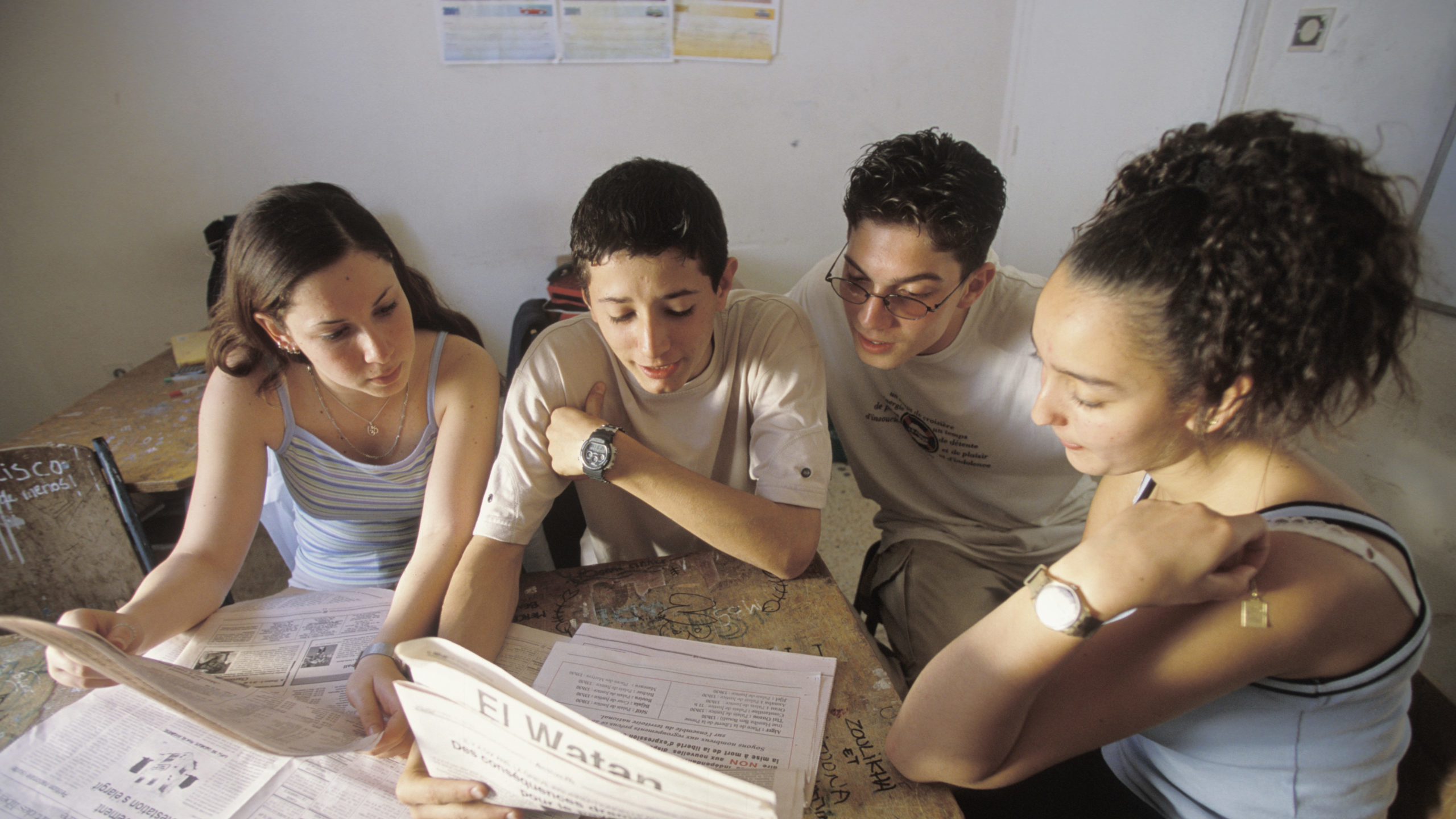resource
Girls around the world strive to realise their aspirations in the face of discrimination, lack of educational opportunity and access to health services, and the threat of violence. Recent scholarship and advocacy has highlighted a particularly powerful and long understudied force shaping girls’ well-being: social norms—rules of behaviour rooted in culture. Focusing on social norms expands the typical conversation around social change, placing human relationships within communities at the centre of the narrative. A complex range of emotions—love, amity, respect, distrust, fear demand analytical attention alongside the more commonly studied motivations of economic interest and political power. Norms both engender these emotions and are changed by, or persist because of, them.
This paper reviews the landscape of theory around social norms (“Theory”). It then investigates in detail two projects that have facilitated change around norms and practices of female genital cutting (FGC) and child marriage: Tostan’s Community Empowerment Program (CEP) in West Africa and Population Council’s Abriendo Oportunidades (“Opening Opportunities”; AO) project in Latin America (“Practice”). The paper concludes by discussing the implications of both theory and practice for the future of social norms change (“The Way Forward”).






